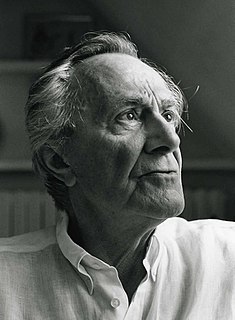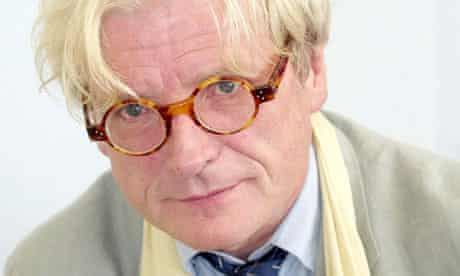A Quote by Martin Filler
Postmodernism came nowhere close in quality to Modernism at its apogee, not least because that later style wholly lacked the social impetus that animated the designs most emblematic of the Modern Movement.
Related Quotes
Most of my formal choices are a combination of everything I learned about form - semiotics, linguistics, and the history of style experimentations tethered to literary movements (formalism, deconstruction, modernism, and postmodernism), and the basic principal of breaking every rule I ever learned from a patriarchal writing tradition that never included my body or experience, and thus has nothing to offer me in terms of representation.
Modern art, in particular, seems especially vulnerable to fraud. Its abstractions are sometimes difficult to understand or grasp, and a modern painting is often loved less because of its intrinsic quality - its beauty, as conventionally understood - than because of the identity of the painter, its mark of social status.
A movement starts because of the social habits of friendship and the strong ties between close acquaintances. It grows because of the habits of a community, and the weak ties that hold neighborhoods and clans together. And it endures because a movement's leaders give participants new habits that create a fresh sense of identity and a feeling of ownership.
Postmodernism is, almost by definition, a transitional cusp of social, cultural, economic and ideological history when modernism's high-minded principles and preoccupations have ceased to function, but before they have been replaced with a totally new system of values. It represents a moment of suspension before the batteries are recharged for the new millennium, an acknowledgment that preceding the future is a strange and hybrid interregnum that might be called the last gasp of the past.
Modernism was a big thing for me, coming from a father who was very interested in art, music and culture - and almost always Italian art, music and culture. One good thing about Italians is that culture is part of everyday life. But Modernism is a movement of the past. The idea of a Modernist building as a sculpture set on a pedestal of grass is a part of Modernism that I'm not so crazy about.




































